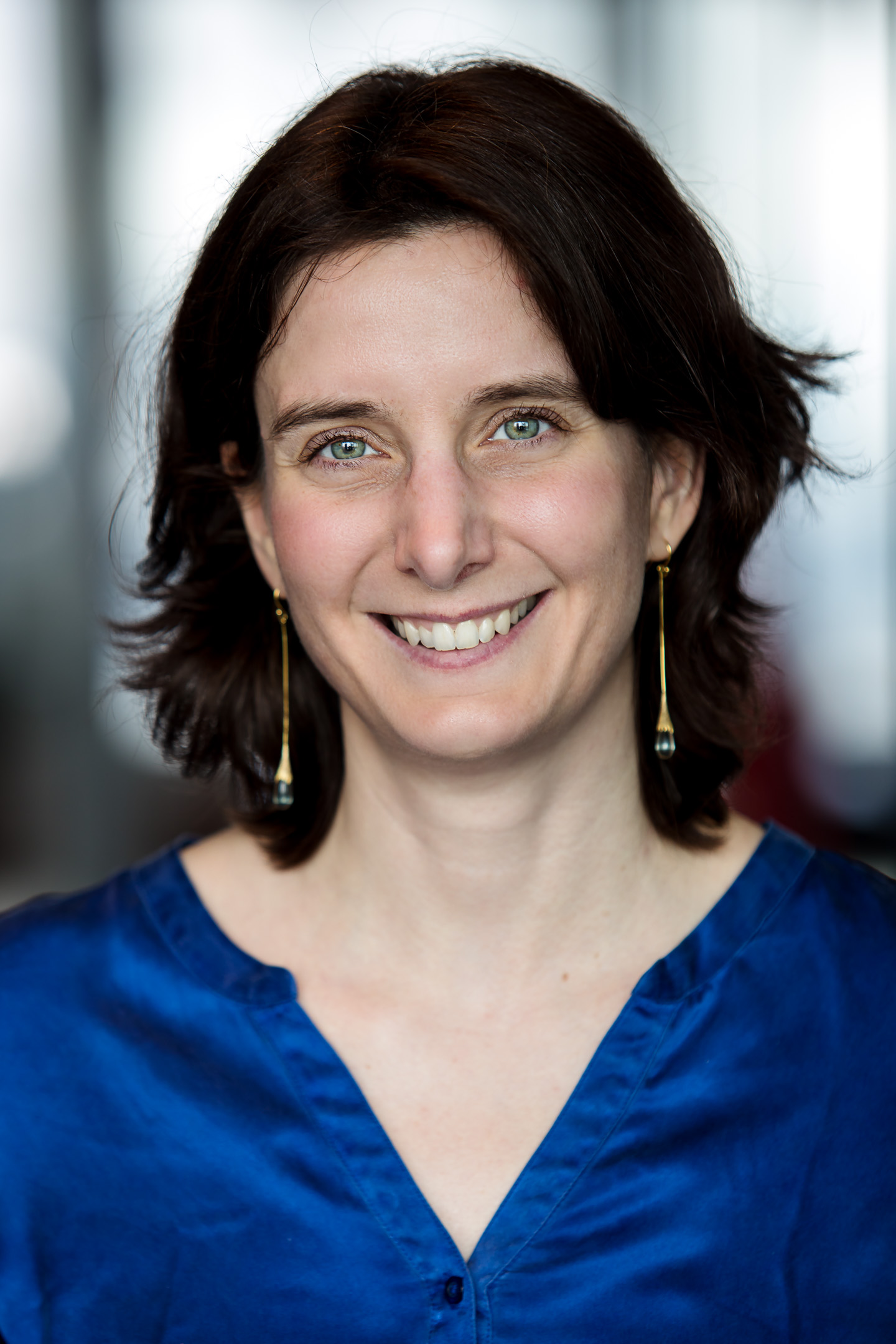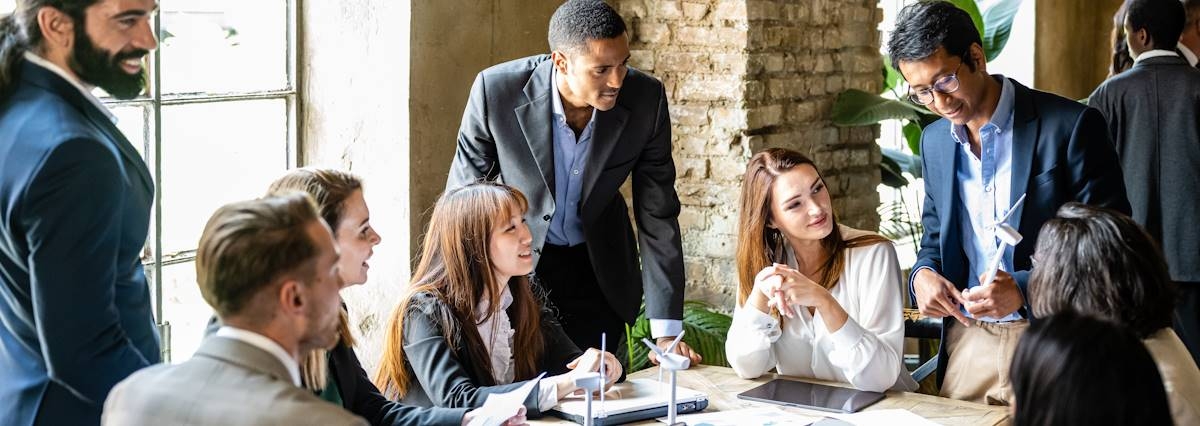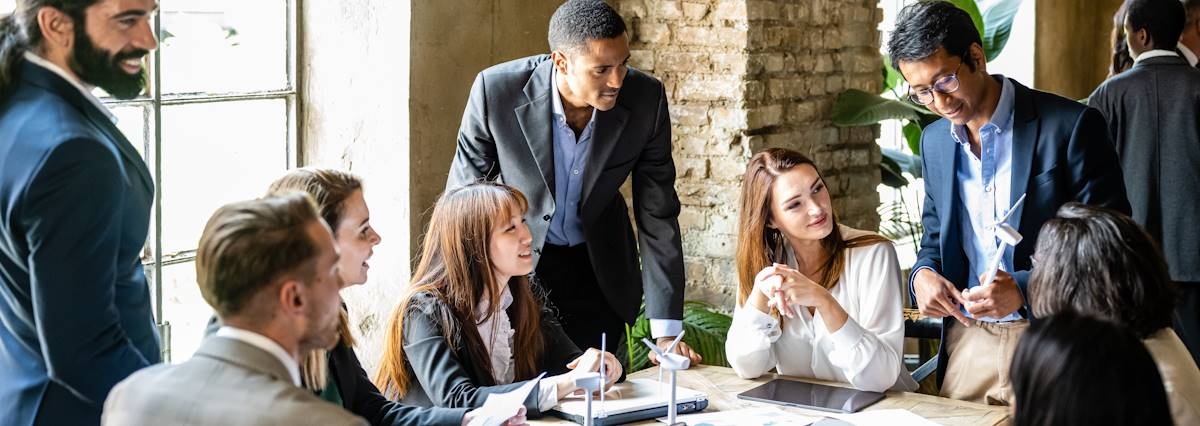As Group Head of People CoE (Centre of Expertise), I look after talent management and development, employer branding and inclusion projects for Allianz Trade worldwide. I love to understand what motivates people and what triggers their feeling of recognition – it’s one of the main reasons why I’m passionate about HR! I truly feel that when we interact with each other and share our experience, people are not just happier but feel much more valued – which turns out to be beneficial for the company as well. In HR, we do encourage employees to step up, put forward their knowledge and expertise, and network. But a couple of years ago, through direct conversations with our HR professionals from different countries, I realised that in terms of interaction amongst the HR population, we could do better.
Our HR professionals work hard to ensure that everyone from underwriters to credit analysts have the necessary tools and contacts. But previously, HR did not have a lot of opportunities to upskill, and felt disconnected from each other and from Group teams at headquarters. HR teams in the countries spent a lot of time making decisions that had a big impact on people’s professional lives, but for confidentiality reasons they often had no one to share their challenges with. The limited community support resulted in a sense of loneliness for many. Imagine not having anyone around that understands the impact of your specific pressures and challenges!
Two years ago, my team and I set out to discover exactly how to help. We didn’t want our HR teams to feel like yet another initiative was being imposed on them by headquarters. Rather, we needed to make sure that what we came up with made sense to each individual HR professional. The idea was to help them feel more connected and empowered, but not overwhelmed. A first step was getting regular feedback from HR colleagues in the countries and partnering with them each time we launched a new project. But we knew we needed to do more.



















.jpeg)
.jpg)

